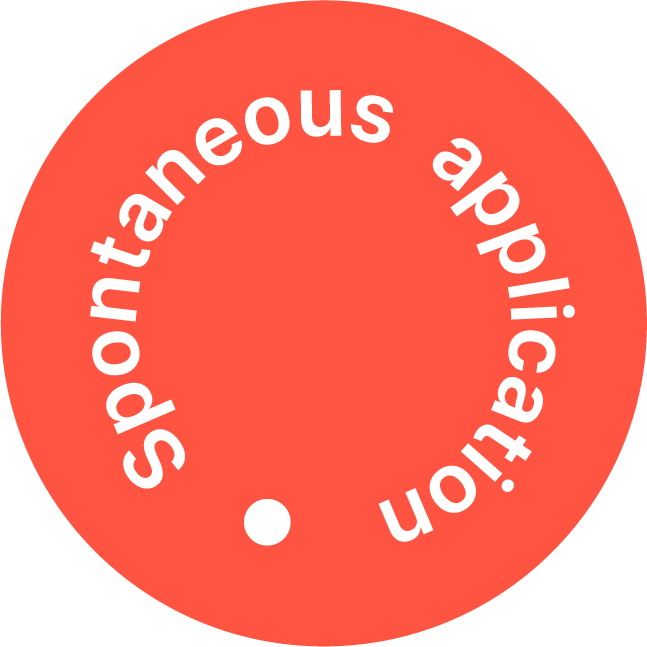Do not feel sorry that Luxembourg wines are sometimes left behind or mistreated by oenologists. The great qualities of the Luxembourg grapes are recognized since 2000 in the best seller and oldest guide in France: “le guide Hachette des vins”.
The Moselle valley has got an old tradition in wine making. The Celts, the Gauls and then the Romans cultivated the vineyard before the monks in the Middle Age and extended it to a large part of the country.
From the beginning of the twentieth century, Luxembourg winemakers simply produced Elbling in order to export it to Prussia where it is used in the cuvées of German producers. After the 1st World War and the Treaty of Versailles, and more precisely in 1925 with the Institute of Remich and the creation of the National Brand in 1935, the vineyard diversified and developed itself.
Since the 1980’s and the introduction of the name “Moselle Luxembourgeoise” (controlled designation of origin), the creation of other names such as “Crémant de Luxembourg”, “Vendanges Tardives” and “Vin de Glace” have enhanced the collection. “Vin de paille” and “barrel wines”, have their current reputation recognized by the Commission for the Promotion of Wines and Crémant de Luxembourg.
The fame for Luxembourger wines has been strengthened through the production of additional types. These include:
• Rivaner
• Pinot gris
• Auxerrois
• Riesling
• Pinot blanc
• Pinot noir
• Elbling
• Chardonnay
As a matter of fact, this development is also due to the climate change which allows the introduction of new vineyards.
Great awards for Luxembourger wines
The oenological guide of reference Hachette celebrated 19 Luxembourger wines, including four favorites. The selection of these newcomers in the famous guide has been done with independence and objectivity. The published results are based on blind tastings by professionals of the vineyard and wine – oenologists, sommeliers, traders, journalists – from the concerned place. Advertising of producers is forbidden and wine tastings are free.
The jury only knows the designation and the vintage, the main references for a wine. On the other hand, the members do not know the producers or the cuvée and do not see the label. It is an objective choice.
Selected wines can get a mention up to three stars. Those which are particularly appreciated are tasted twice by a “super jury”, and the best ones are chosen as favorites. They eventually can introduce their label into the Guide.
For the 2019 edition, 40 Luxembourger wines were selected from 19 states and cellars. Three of them won three stars, six won two stars and finally 10 won one star.
Available trainings to become an expert in oenology
Different trainings in order to improve your knowledge in wines and vintages are available:
Since 15 years, Prodégustation has been offering oenology courses in Luxembourg led by professional trainers.
These courses are based on the VOG tasting method, which has proved itself to more than 150,000 students in France. It is organized in several stages in order to gradually enter into this rigorous discipline.
The first training consists in acquiring the basis:
• The different stages involved in the tastings
• Understand the balance of a wine as well as its different components
• Develop your sense of smell
• Wine tastings
• Judge potential aging of a wine
The second step structures your basic knowledge by focusing on the recognition and memorization of flavors. Different games based on odors tend to develop your smell. You can check your achievements with the applied tastings of 7 wines.
• Recognize and identify flavors
• Memorize odors
• Structure your memory by training with new smell games
• Learn how to classify flavors
• The evolution of aromas in wine
• Learn how to describe a wine through a correct tasting
The final stage of this training is to refine your knowledge with a more precise knowledge of wines and vintages.
An ideal training to discover the main varieties of cru and to understand the importance of the territoires and their influence on the wine. Its goal is to compare 7 wines.
• Notions of territoires and soils
• The main white and red wines
• The largest wines and their soils
• The typical aromas of each wine
• Odor games: recognize and give a name to a perfume
• Tasting
At the end of this rigorous and varied training including games and tastings, you get the opportunity to submit to an examination. This one includes a quiz and a tasting test. It is rewarded with a diploma which allows you to become a Master in wines. For this training, you pay around 1,200 euros for 12 hours of training with the best oenologists.
